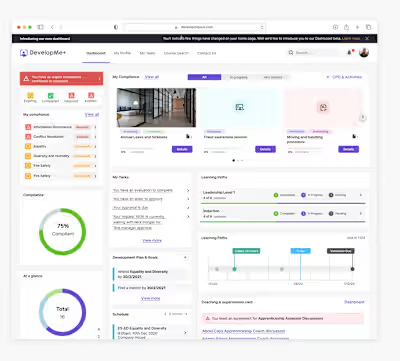Zephyr Squad & Scale: Revamping Jira Plugins for Enhanced User …
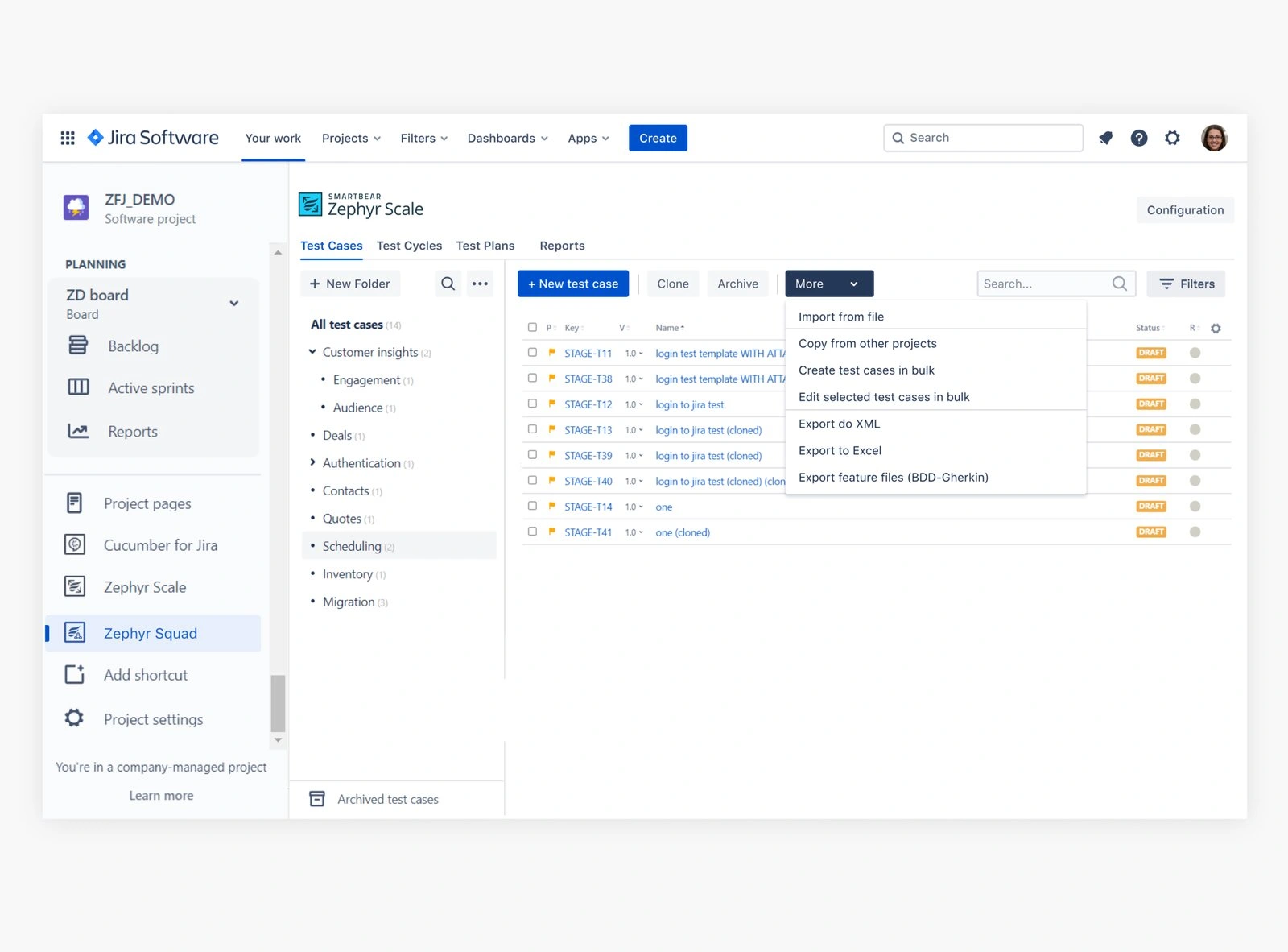
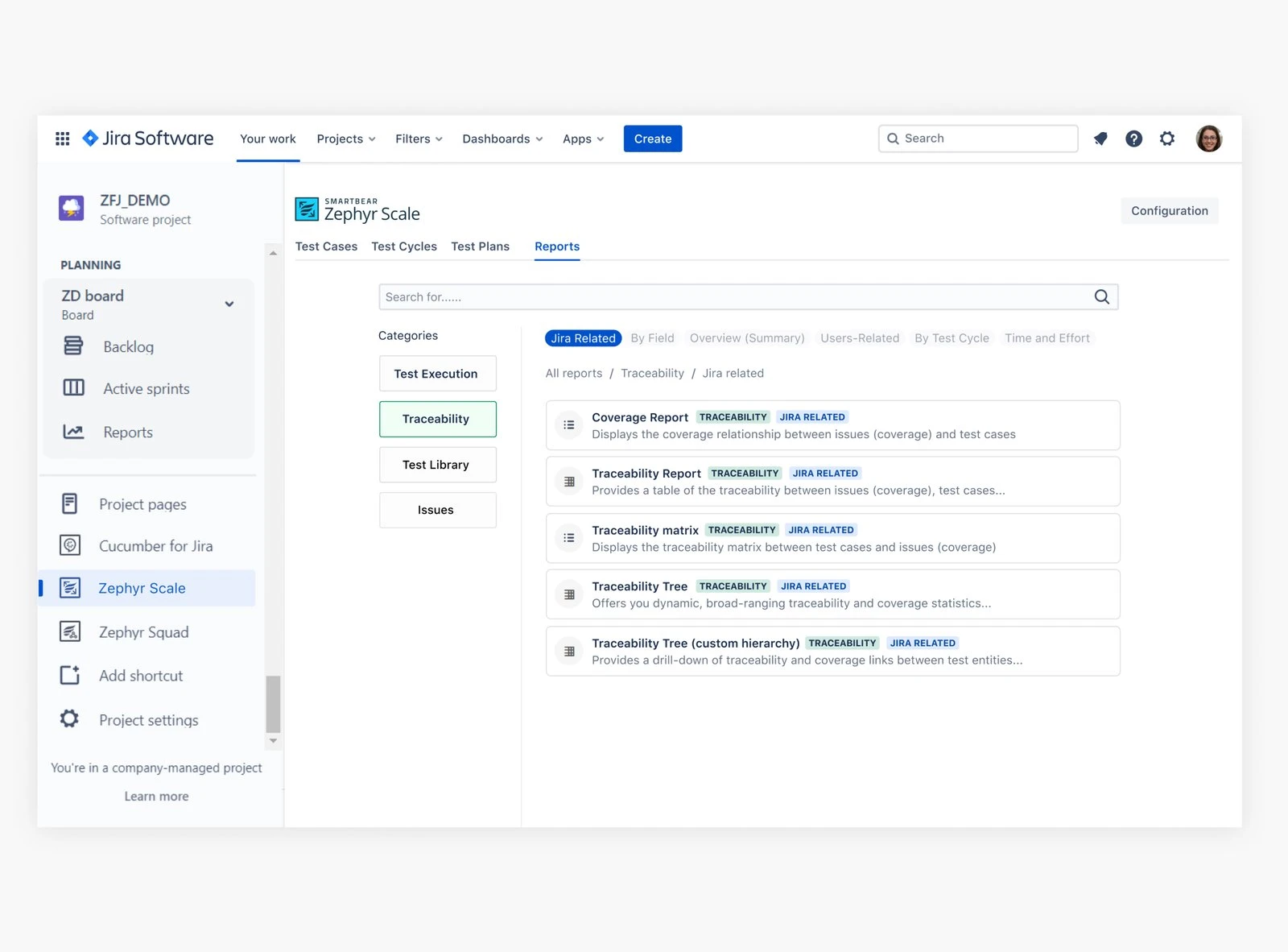
Merging Zephyr Squad into Zephyr Scale with UI Facelift
Our task wasn't just merging Zephyr Squad into Zephyr Scale and giving the UI a fresh look; it was about diving into users' feelings about seeing Test Cases as Jira Issues. We had to fix UI quirks, ensure a smooth transition, and understand how folks felt about this big shift. It was about making sure the change felt right for everyone involved.
The Goals
Bringing Zephyr Squad into Zephyr Scale: A Dual Goal of Unity and UI Revamp
Our primary goal: smoothly integrate Zephyr Squad into Zephyr Scale, revamp the UI, and understand how users feel about Test Cases as Jira Issues. Beyond just appearances, we strived for a unified test case management solution in Jira that blends the best of both plugins. We dug into user opinions, ensuring a natural integration and a fresh UI that effortlessly fits into the Jira environment, providing users with a modern and intuitive experience.
Understand the benefits of having Test Cases as Jira Issues Our goal is to evaluate the advantages of treating Test Cases as Jira Issues in the integrated Zephyr plugin, focusing on improving workflow efficiency and collaboration within Jira.
Understand customer profile of those who prefer/not-prefer to have the Test cases as Jira issues Facilitate quick and easy access for administrators, enabling them to effectively communicate and manage learning requirements for users.
Capture the reactions of customers when alternative solution of having native Test Case is presented Create a visually appealing and consistent user interface by developing and implementing a new style guide to replace the outdated and inconsistent UI.
Solution
Streamlined Integration: Enhancing Zephyr Plugin Interface Based on User-Centric Research
Our solution involves seamlessly integrating Zephyr Squad into Zephyr Scale while modernizing the interface for improved usability. Informed by extensive research and user feedback, we've meticulously redesigned the plugin interface and introduced new features to streamline test case management within Jira. By prioritizing user-centric design and incorporating industry best practices, we aim to deliver a cohesive and efficient solution that meets the evolving needs of our users.
Final Design: Test Case page
In our finalized design for the Test Case page, we've prioritized intuitive navigation and user-friendly functionality. Through a clean and streamlined layout, users can effortlessly manage their test cases with enhanced efficiency.
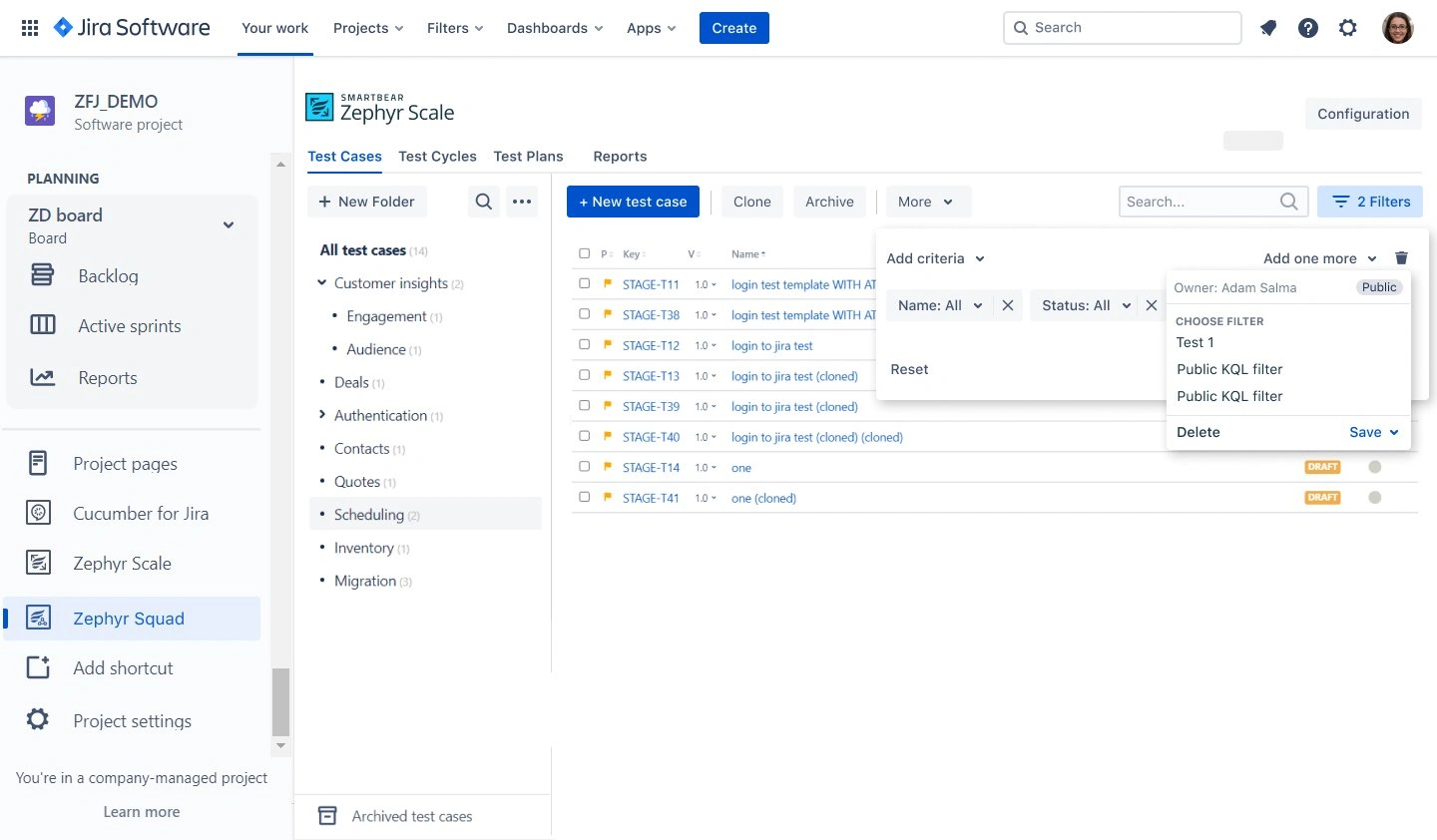
My design of other pages: Settings page
Our revamped Settings page boasts a modernized interface aimed at simplifying user interactions. With clear categorization and intuitive controls, users can customize their preferences with ease, enhancing their overall experience within the Zephyr plugin.
Before
This is how it was before I join the team :)
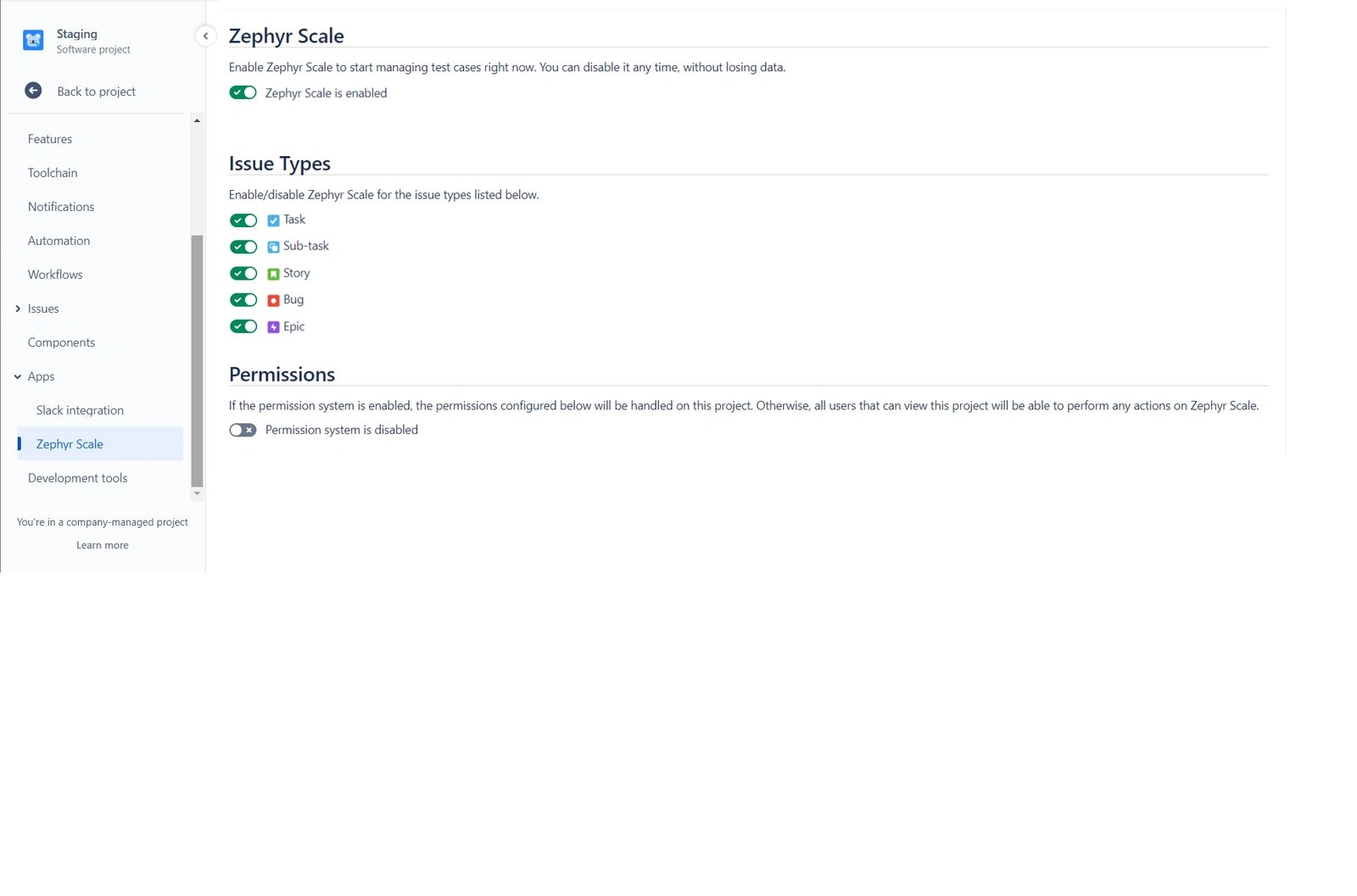
After
Now it is much more different. I decided to reorganize it with different categories with clean and modern UI
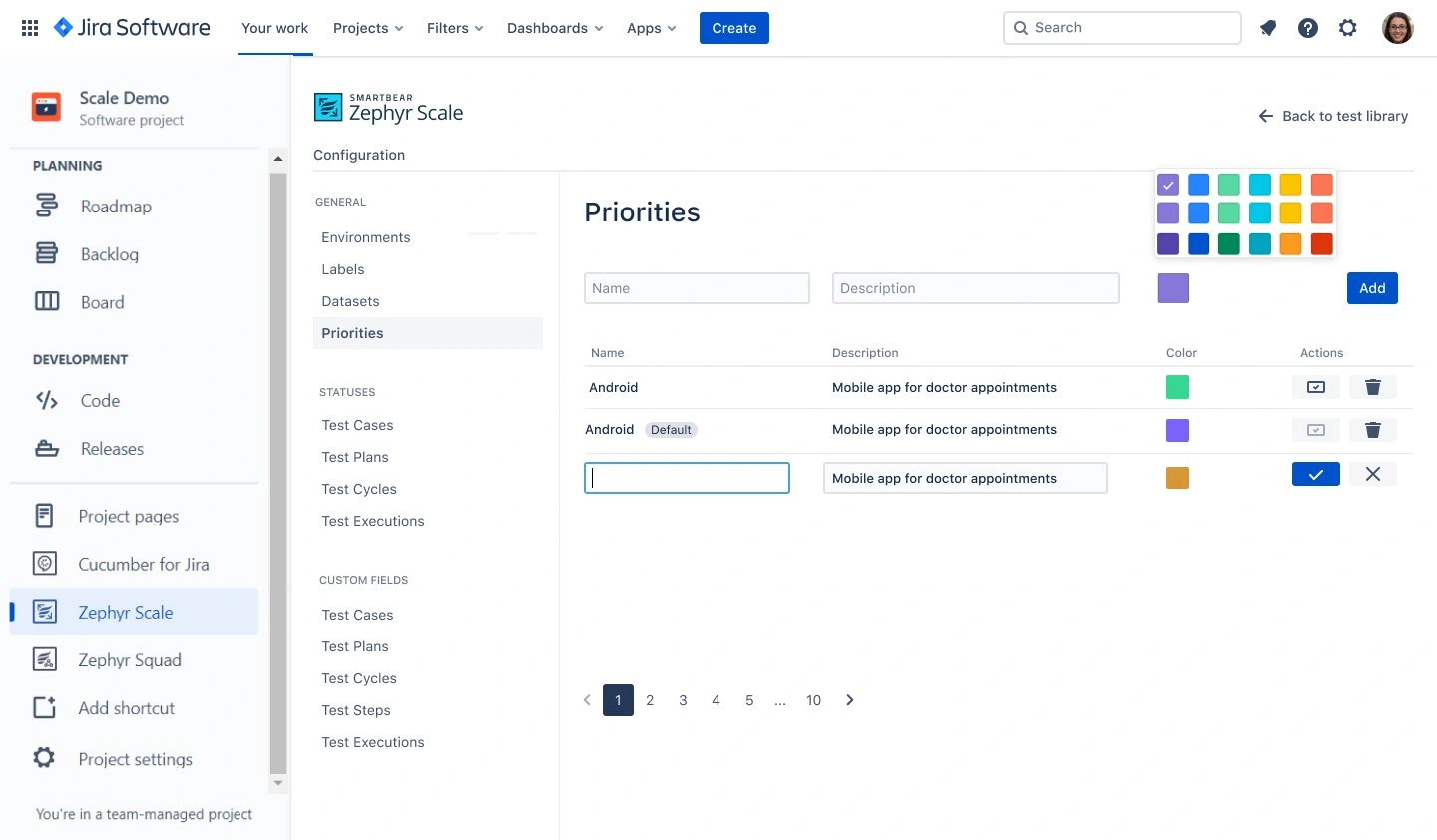
Import Test Cases from other projects
Introducing a brand-new functionality that I've recently developed: the ability to import test cases from different projects. With this feature, users can seamlessly transfer test cases between projects, streamlining their workflow and improving efficiency. This enhancement provides users with greater flexibility and control over their test case management process, empowering them to collaborate more effectively across projects within the Zephyr plugin.
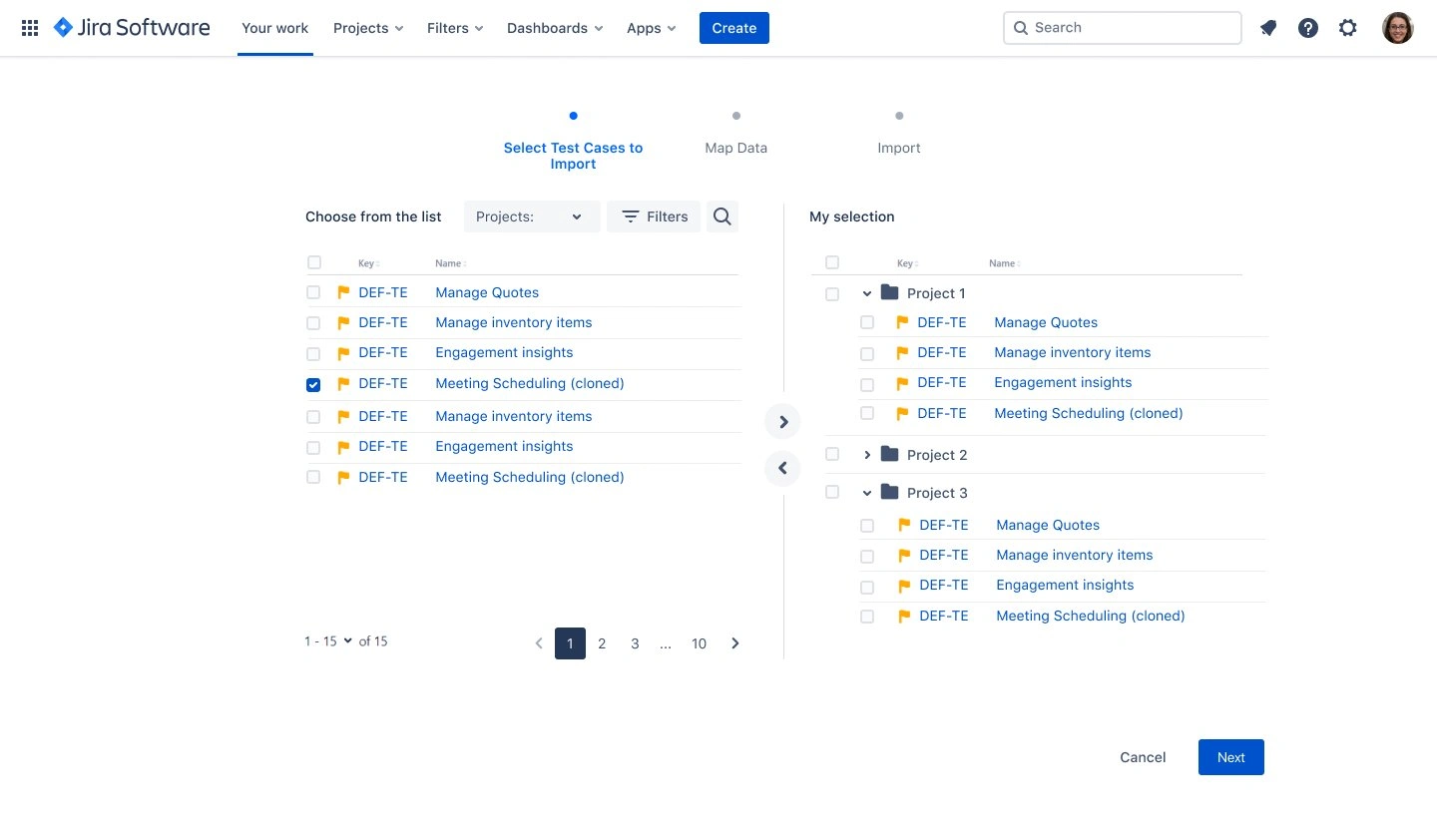
Reports page
Cluttered interface tracking numerous communication types
Option 1
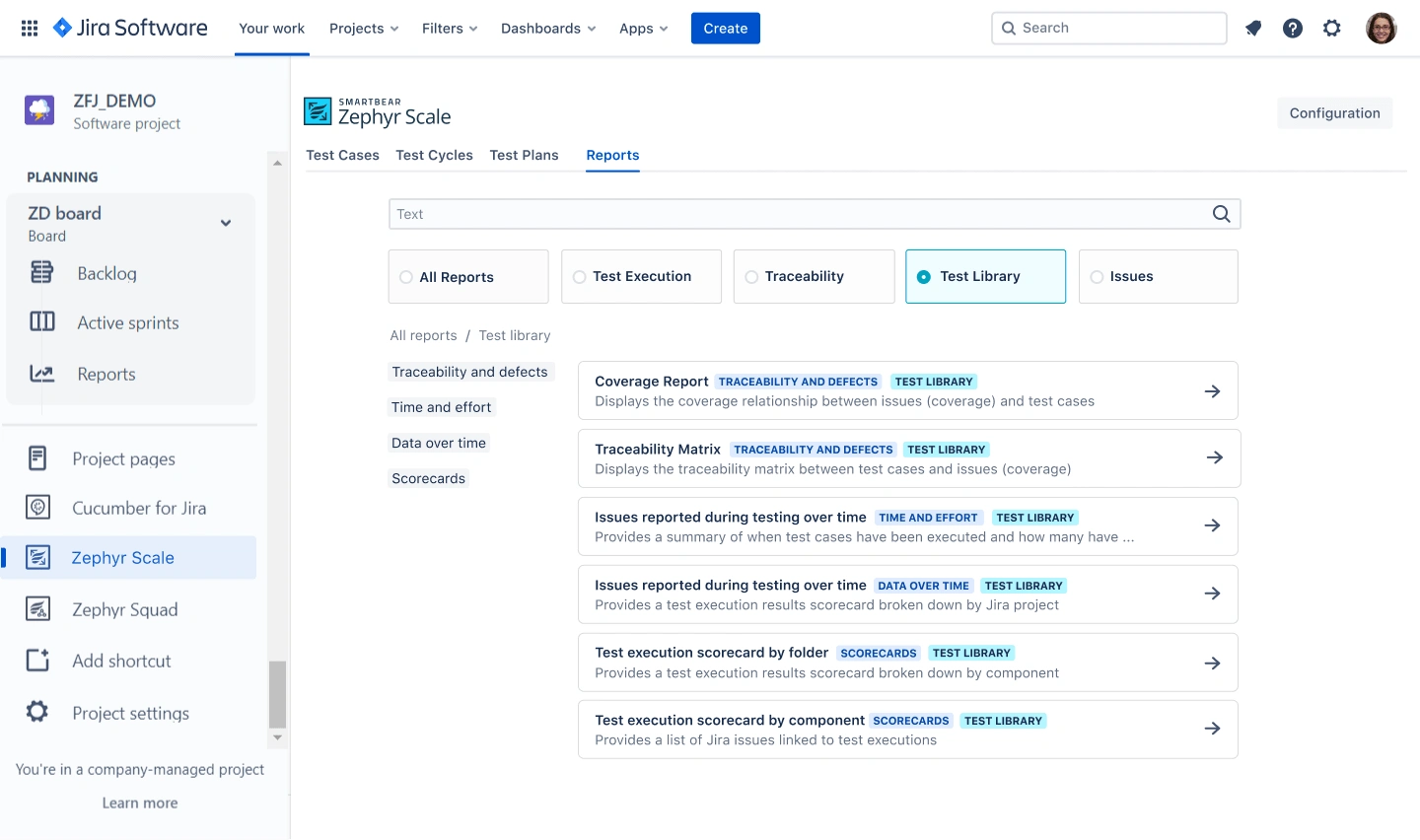
Option 2
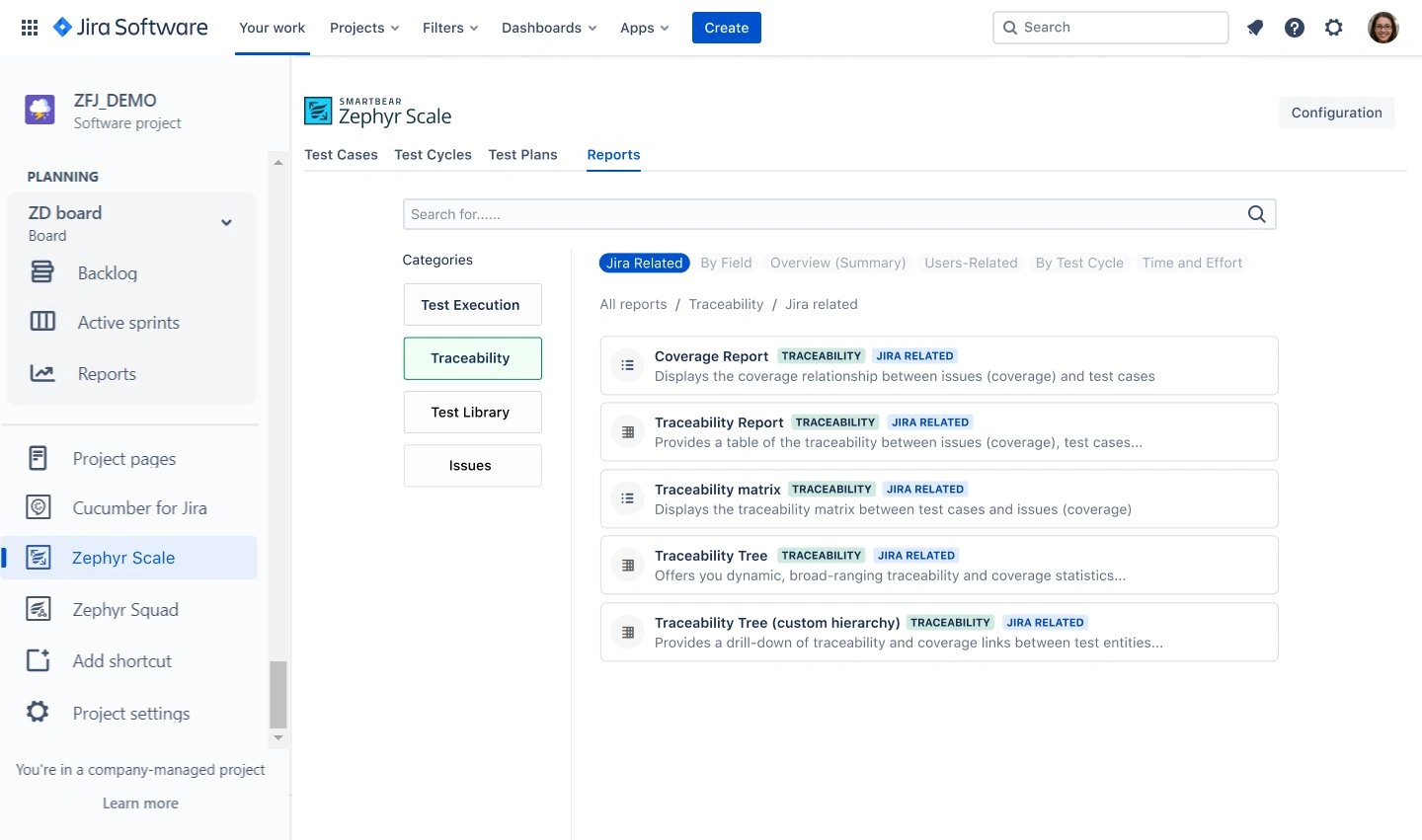
Outcomes
1. Seamless Integration of Zephyr Squad and Scale:
Our primary goal of merging Zephyr Squad and Scale into a unified plugin has been achieved, providing users with a cohesive and integrated solution. This consolidation simplifies user workflows and ensures a seamless experience across both functionalities.
2. Enhanced Test Case Management:
Introducing the ability to import test cases from different projects addresses a key user need and significantly improves test case management efficiency. Users can now collaborate effortlessly and manage their test cases more effectively within the Zephyr plugin.
3. Strategic Product Growth:
The successful implementation of these enhancements has resulted in substantial growth metrics, including a 150% increase in SaaS usage and a 130% year-over-year revenue boost. This underscores the strategic impact of our user-centric design approach and solidifies the Zephyr plugin as an essential tool within the Jira.
Step 1: Discovery & Research
What did we want to learn?
One of the major difference between Squad and Scale is the way the test cases are created. In Zephyr Squad, a test case is created as an issue with issuetype “Test” in Jira. The created test case and its fields, except the test steps data is stored in Jira. Whereas in Zephyr Scale, the test case creation does not utilize the Jira issue creation design and it is stored in Scale’s database.
As the test cases are stored in Jira and it is accessible in other built-in functionalities of Jira, users might have been using those as well. We would also need to validate if these Jira features are used widely. This can involve functionalities such as searching test cases, adding custom fields, adding issue links, adding a test case to a scrum/kanban board, setting custom workflows, setting up validations or automation rules etc.
Step 2: Kick-off Workshop with Europe team in London
This workshop was run by myself, supported by a Business Analyst and a other UX Designer. Note and vote exercises and user journey mapping were used to identify key users, business goals and requirements, and to explore and prioritise enhancements to the UI and UX that would deliver the most value in terms of overall efficiency and experience for the users.
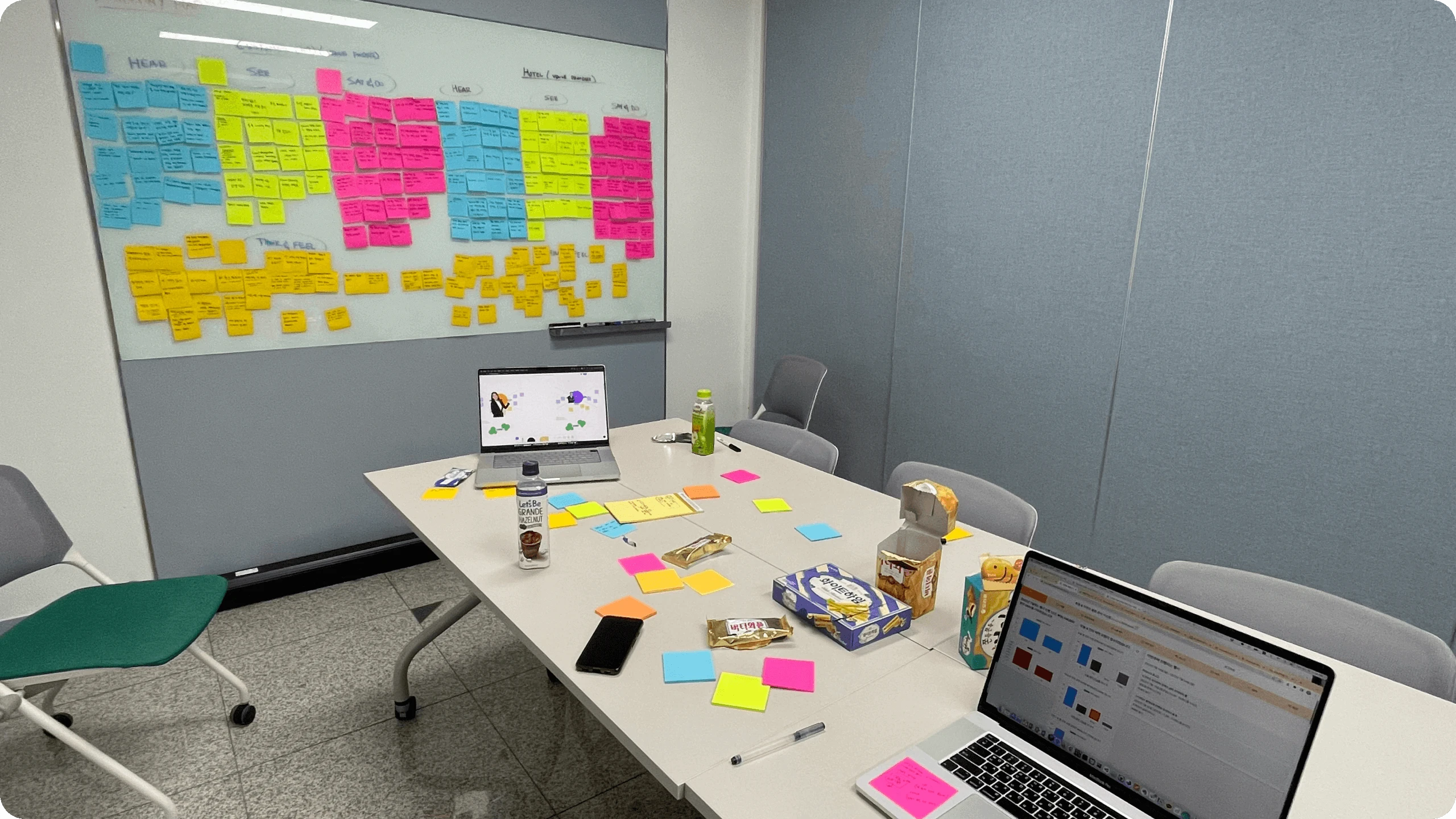
Step 3: Developing an Initial Prototypes
After our invigorating workshop event in London, where we unearthed key pain points and challenges faced by our users, we embarked on a mission to validate and refine our proposed solutions. Our strategy? Developing an initial prototype that would serve as a tangible manifestation of our ideas, ready to be put to the test during face-to-face UX sessions. .
I crafted the prototype using Figma, directing my attention solely to the functionalities at the forefront of our concerns. Specifically, I honed in on the task of merging Squad and Scale functionalities into one cohesive plugin. This deliberate focus allowed us to streamline the user experience, ensuring a seamless integration of all essential features. With clarity and purpose, our prototype lays the groundwork for a unified and intuitive solution.
Step 4: How did we approach it?
User Interviews Process
By talking to the customers, we need to understand if there is any impact if the test cases are not stored in Jira as an issue and saved at Zephyr’s database as an independant entity.
We interviewed total 24 customers among which 23 were using Zephyr Squad Cloud and 1 was using Zephyr Squad Server. By collecting their persona details such as the role, industry, their experience in using Jira and creating test cases, they were asked if it is important for them to have test cases as Jira issues. They were asked the likes and dislikes of creating test cases and if they would like to suggest any improvements. We further asked questions around the built-in functionalities of Jira and if test cases are used with those.
By collecting the feedbacks, we asked if they would like to try out a new experience for creating the test cases and presented the Scale’s design for creating the test cases.
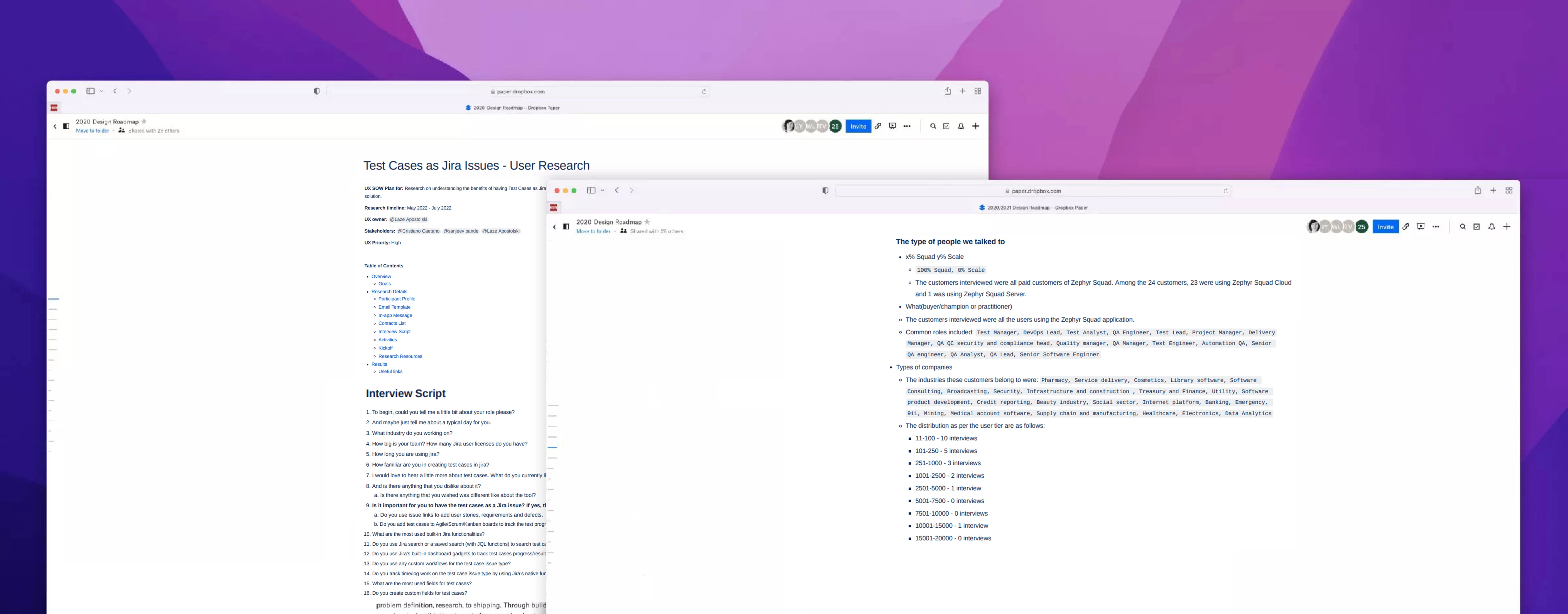
Step 5:User Testing
In addition to querying users about their experiences with Jira's built-in functionalities, we asked the them to perform a number of tasks on our new prototype with combined new functionalities. During the tests they spoke aloud their thoughts so that we could analyze recordings of the tests afterwards and highlight any interesting insights to Zephyr plugins.
What did we learn?
We learned that the users are fine if the test cases are not stored in Jira and saved at Zephyr’s database. The common response is that the existing functionalities around test cases should be present and usable. The most needed functionalities mentioned were:
The ability to link a test case to a requirement.
The ability to search test cases.
Ability to report on test cases.
Ability to generate a traceability report with the test cases.
Besides the functionalities, customers added that if they stop using Zephyr Squad, they would still be able to get the test cases as it is stored in Jira as an issue, which provides an advantage to retain back their test cases data. The test steps and test steps related data such as attachments and custom fields are stored in Zephyr’s database and will not be accessible if customers stop using Zephyr Squad.
They liked the new design(Scale’s design of test case creation) and would prefer to use it in the future.
Like this project
Posted May 7, 2024
Laze Apostolski User Interface and Experience Designer






